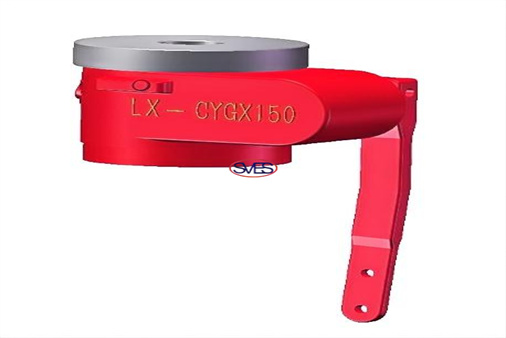
How Sucker Rod Rotators Can Slash Your Operating Costs
2025-04-07 14:00How Sucker Rod RotatorsSucker Rod Rotator Can Slash Your Operating Costs
The Silent Killer of Pumping Efficiency
Every oilfield operator knows the frustration: you've optimized your downhole pump, calibrated the pumping unit, and suddenly - another sucker rod failure. What if I told you there's a simple wellhead solution that could reduce these failures by up to 60%?
Enter the sucker rod rotator - an often overlooked but incredibly effective tool for extending rod life and improving pumping efficiency.

Why Rotation Matters
In traditional beam pumping operations, sucker rods experience wear on just one side. Imagine dragging your hand along the same spot on a rough surface repeatedly versus distributing that contact evenly. That's essentially what a sucker rod rotator accomplishes.
Key benefits we've observed in field applications:
Extended rod life by 200+ days in Permian Basin wells
Reduced workover frequency by 35-60%
Improved pumping efficiency through better rod/tubing contact
Inside the Technology
Modern sucker rod rotators aren't your grandfather's rotation devices. Today's models feature:
Precision Rotation Mechanisms
Mechanical ratchet systems for consistent ¼-turn per stroke
Hydraulic options for high-load applications
Built-in torque limiters to prevent damage
Rugged Construction
4140 alloy steel bodies with industrial-grade bearings
Corrosion-resistant stainless internals
Triple-sealed designs for harsh environments
Simple Integration
Fits all standard API rod sizes
Compatible with most pumping unit manufacturers
Minimal maintenance requirements
Real-World Results Speak Loudest
One of our clients in the Wolfcamp shale was experiencing rod failures every 14 months. After installing sucker rod rotators:
Average run life increased to 21 months
Workover costs dropped by 63%
Pumping efficiency improved 22%
The best part? The units paid for themselves in under 8 months through reduced downtime and maintenance costs.
Maintenance Made Simple
Unlike complex downhole tools, sucker rod rotators require minimal attention:
Grease injection every 6 months
Quick monthly torque checks
Bearing replacement every 3-5 years
Is It Right For Your Wells?
While sucker rod rotators deliver excellent results in most applications, they're particularly effective in:
Deviated wells where rod buckling is a concern
High-cycle operations with frequent strokes
Corrosive environments that accelerate wear
Final Thoughts
In an industry where every dollar counts, sucker rod rotators represent one of the most cost-effective upgrades available. By simply distributing wear more evenly, they can significantly reduce operating costs and downtime.
Have you considered how much you could save with this technology? I'd be happy to analyze your specific situation and estimate potential ROI. Drop me a message or leave a comment below with your experiences using rod rotation technology.
What's been your biggest challenge with sucker rod failures? Share your thoughts in the comments!
